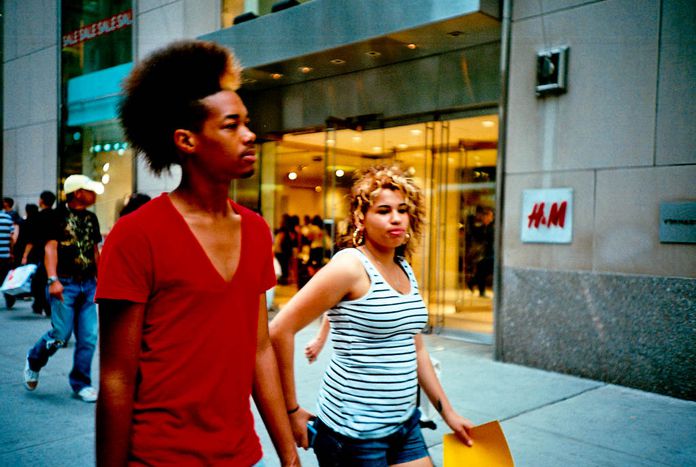
Are you the 2%? 5 things you (don’t) know about consumption
Published on
15 March marks world consumer rights day, yet the statistics show that only 2% of EU consumers are fully aware of their consumer rights or of their impact as consumers
1. ‘CE marking’
The European union has one of the highest standards in product safety worldwide - this doesn’t mean that everything is controlled. The ‘CE marking’ signals that a product is in compliance with all relevant EU legislation. It’s therefore eligible to be sold in the EU. This marking is to be understood as a mere declaration by the manufacturer that the product is conforming with all legal requirements, in particular those which ensure health, safety and environmental protection. Should the manufacturer’s declaration be wrong, he has to face such high repercussions that non-conformity with the rules is in fact very rare. The CE marking does not apply to all products sold in the EU, but to more than 20 product categories, such as toys, electrical products and machinery.
2. Silvio Berlusconi invited you to his villa, but your flight has been cancelled
On top of that, the camera you just bought two days ago is malfunctioning. What to do? You have the right to complain. Once you discover a problem, act quickly. Return to the shop with your receipt and explain the problem. You should remain friendly but firm and tell them what you expect to happen. If you are not happy with the initial reaction, ask for the manager who has the authority to take action, or write to the company’s headquarters. Keep records of every step you take... And make sure no photographers are lurking in the shadows.
3. Dress up for an eco-Cannes film festival
Labels are the fashion of products: Food labels tell us how long the food will last, how to store or prepare it and – most importantly – what’s in it. Every ingredient, including food additives and water (over a certain amount) must be listed, in descending order of weight. The label must also clearly state the manufacturer’s or seller’s contact details, so you can find out more about the product or complain about it.
Electronic items carry labels that indicate their energy efficiency on a scale from green to red. Although energy-efficient products might be more expensive, don’t be naïve: you get what you pay for! With these products you will spend a bit more in the beginning but you will save money in the long run, especially nowadays with increasing energy prices…As conscious consumers, we may want to make sure the products we buy are sustainable: Is this paper recycled? Does this washing liquid contain harmful chemicals? The EU 'ecolabel' with the flower logo is the best ‘red carpet dress’ and deserves your attention.
4. Before you eat it, look at it and think about it
We consume every day and are often not aware of its impact. As we can jump on flights that don’t cost more than a train ticket and buy cheap groceries at the supermarket, we forget how costly our lifestyle is – for our planet! If you consider that 15, 000 litres of water are used to produce just 1kg of beef, for which we pay 8 euros (6 pounds) at the supermarket, it becomes pretty obvious that we will not be able to continue living as we do today, in a world of decreasing water reserves and an increasing population.
5. Does Victoria Beckham really need all those Louboutins?
Being a responsible consumer means to critically assess one’s own behaviour: How much ‘stuff’ do I really need? What do I know about the life cycle of a product: Is it made from scarce or sustainable materials? Where does it come from, i.e. did it have to cross the whole continent to get here, and could I find a local alternative? Is it wrapped in lots of unnecessary plastic? – Open your eyes. And think about it!
If you want to learn more or are unsure about your consumer rights, don’t hesitate to seek help. National consumer agencies are there to help you make informed choices and to issue complaints if you are unsatisfied with your purchase. You are also helped by many other organisations that aim to spread knowledge and skills amongst the population, such as Generation Europe Foundation who produces education material about consumer rights and sustainability for students and teachers across the EU. Look out for local initiatives to celebrate world consumer rights day 2012, and next time you go shopping – think more carefully about what you are buying.
Image: (cc) AndyWilson/ flickr/ fatreg.net/blog/



